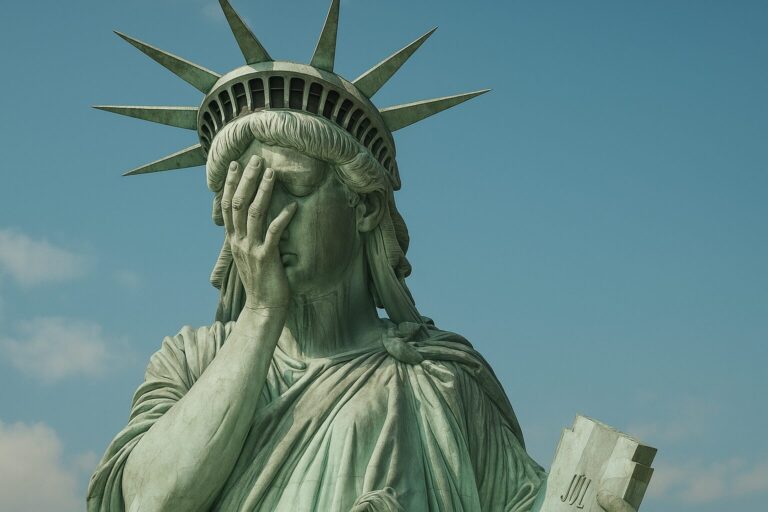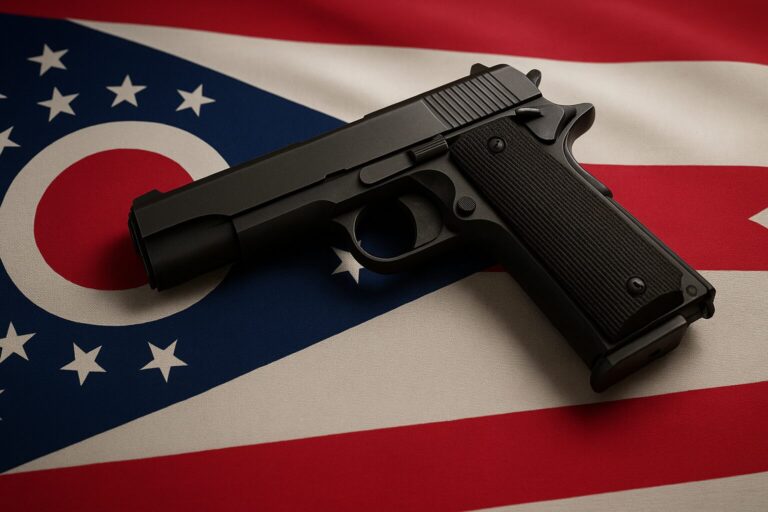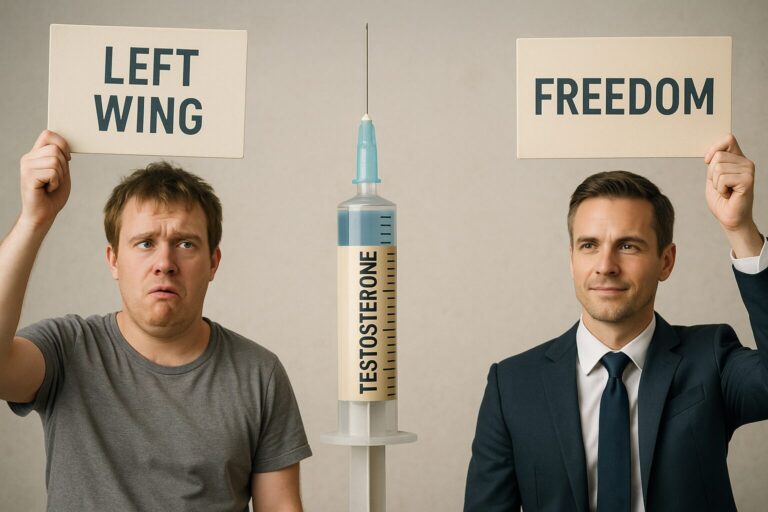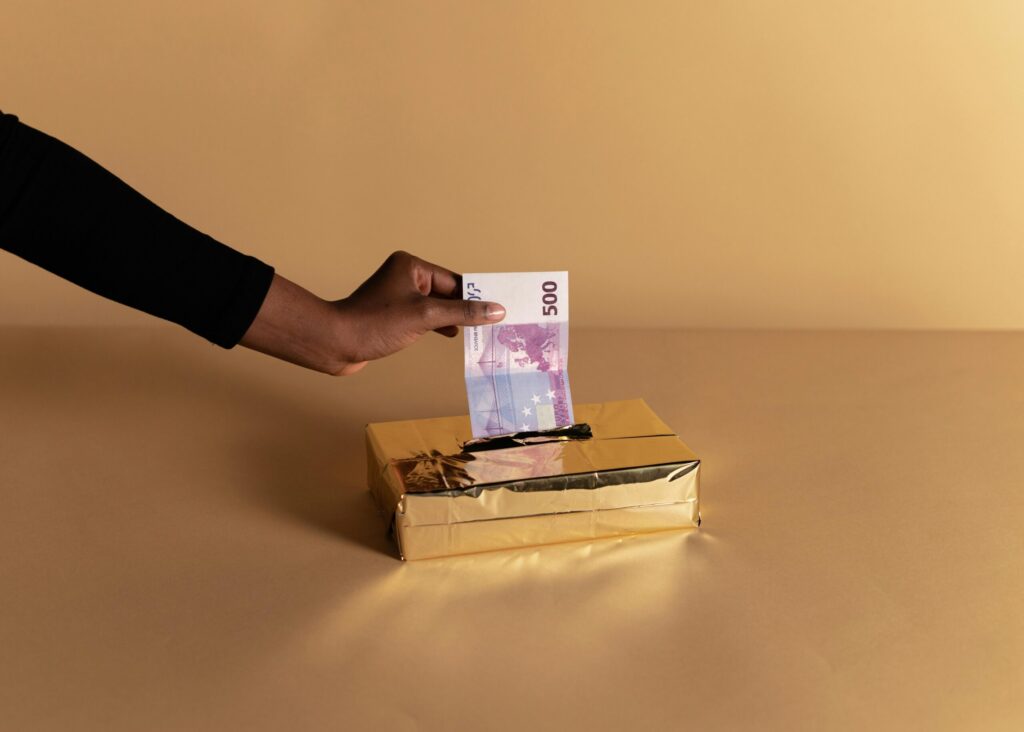
In 2005, Brazil held a national referendum that should have become a global model of democratic decision-making. The question was straightforward:
“Should the sale of firearms and ammunition to civilians be prohibited in Brazil?”
It was a moment of clarity—a test of whether the Brazilian people could still exercise sovereignty over their own security, dignity, and rights.
Over 59 million citizens voted. More than 63% said NO.

They said no to gun bans.
No to civil disarmament.
No to the idea that only the government—and the criminals it fails to control—should have weapons.
But what followed became one of the most revealing and disturbing case studies of what modern pseudo-democracies really are: systems where your vote is tolerated only when it aligns with the agenda of those in power.
What Really Happened After the Vote
Despite the overwhelming result, the Brazilian government ignored the referendum. Instead of respecting the will of the people, politicians, bureaucrats, and judges began using executive decrees, bureaucratic rulings, and judicial activism to impose the very restrictions the public had rejected.
The result was not just a breach of trust—it was a direct attack on the principle of democracy itself.
While Brazilians had voted against disarmament, gun control measures intensified.
- Gun ownership became increasingly bureaucratic.
- New restrictions limited calibers, quantities, and types of firearms available to civilians.
- Carry permits were virtually eliminated.
- Media and cultural institutions began to equate civilian gun ownership with extremism or criminality.
The 2005 referendum became a symbol of betrayal—a government pretending to listen, only to act as if the people’s voice meant nothing.
A Warning for the World
This isn’t just a Brazilian tragedy. It is a warning to every nation that considers itself free.
Across Europe, the Americas, Oceania, and parts of Asia, there are growing calls for tighter gun control “for safety.” But too often, those calls become unilateral decisions, bypassing the will of the people. When the population is consulted, it’s usually through manipulated media, rigged questions, or votes that don’t matter.
Brazil teaches us that:
- A referendum means nothing if the state can override it.
- “Democracy” is just branding if power never changes hands or agendas.
- Public opinion only matters when it reinforces state narratives.
Let this be clear: what happened in Brazil can happen anywhere. Your vote is not your freedom—unless you’re prepared to enforce the results and resist betrayal.
Disarmament Is Always a Top-Down Process
It’s no coincidence that disarmament policies are never grassroots initiatives. They are always pushed from the top—by elites, media figures, dislocated academics, and politicians protected by taxpayer-funded bodyguards.
In Brazil, the disarmament push was led by those far removed from the violence ordinary citizens face. The result? Criminals remained heavily armed. Honest people were punished for seeking the right to defend their families.
By the late 2010s, Brazil had become the most violent country on Earth in absolute numbers, with over 60,000 murders per year. The disarmament campaign had not only failed—it had cost tens of thousands of innocent lives.
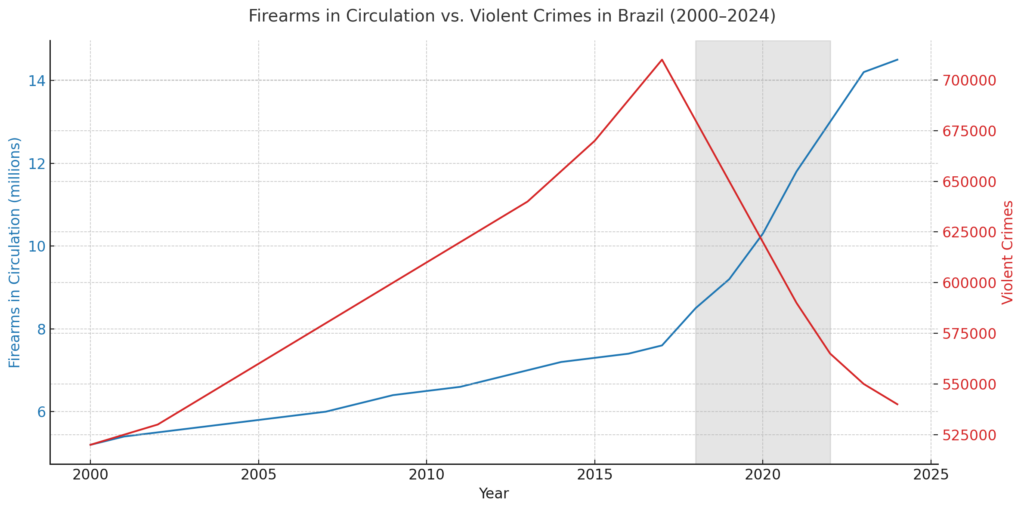
You Don’t Need Permission to Be Free
The fundamental lesson is this: freedom is not granted—it is asserted, defended, and maintained.
If your country allows referendums, demand them.
If your country holds referendums, defend their outcomes.
If your government bypasses your vote, it has declared that democracy is merely ceremonial.
True self-government must include the right to bear arms.
There is no such thing as “freedom of speech” without the means to defend it.
There is no such thing as “public safety” when only criminals and the state are armed.
Global Citizens Must Learn From Brazil’s Mistake
- Don’t trust systems that offer voting without enforcement.
- Don’t believe in “democratic processes” that come with fine print.
- Don’t wait until it’s too late to resist.
Brazil is a case study in how modern regimes wear democratic masks while centralizing total control.
And if you think your country is immune, look closely: how many of your freedoms depend on permission slips?
How many of your “rights” are subject to licensing, restriction, or revocation?
The people of Brazil said no.
The government said, “We don’t care.”
Let that be a lesson to the world.



